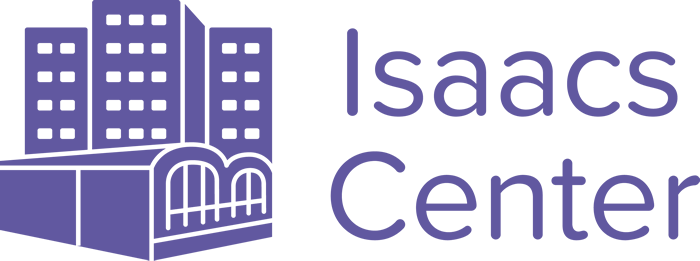Stanley M. Isaacs Neighborhood Center – Thank you to Chair Chin, Chair Levine, and Chair Holden for the opportunity to give testimony today and to highlight the issue of accessibility and inequity with the vaccine roll-out. The vaccine being released is a true accomplishment for the scientific community and for many it is a beacon of hope to overcoming this pandemic which has been incredibly taxing. For seniors, the risk of social isolation has never been higher and many have been left behind by individual limitations and comfort related to technology and the digital divide in New York City that affects our most vulnerable communities. Despite being eligible for the vaccine, our seniors – the population hardest hit by the pandemic, who are at the highest risk for hospitalization and death related to COVID-19 – have largely being left behind in the vaccine rollout. As a community-based provider, we have been on ground working with older adults every day to support urgent and emerging needs – from technology access and food insecurity, to housing instability and physical and mental health. I am appealing to this body to urge our City to partner with its reliable, compassionate, and dynamic social service providers to prepare for the distribution of vaccines for older adults and to activate effective and equitable distribution systems now.
Isaacs Center is a multi-service organization that has been serving the older adults of the Isaacs and Holmes NYCHA development on the Upper East Side of Manhattan for over 50 years. We oversee a hybrid Senior Center and Naturally Occurring Retirement Community (or NORC) at Isaacs-Holmes and at Taft and Johnson Houses in East Harlem. Our team has been working every day to make vaccine appointments for the older adult residents of those developments and other community members when appointments are available, to survey our members, provide them with weekly or bi-weekly information sessions on Zoom to breakdown myths, answers questions, and to help our members to make informed decisions. We are working with a number of different health care providers – that we were able to secure on our own – to provide these information sessions.
In total, we work with 1,700 seniors each year. 79% are ready to take the vaccine, 21% say they aren’t ready, they are afraid, or they do not trust what they are being told about the vaccine. As of today, of those 1,700 seniors, we know only 65 who have appointments for the vaccine.
The primary neighborhoods served by Isaacs, the Upper East Side and East Harlem, are home to many hospital networks, yet it is nearly impossible for service providers to get appointments for people in the area. Just one day after the vaccine was open to 75+ there were NO appointments available at Mt. Sinai, Lenox Hill, Advantage Care, Harlem Hospital, or Metropolitan. While it is understandable that vaccine availability is limited due to federal, state, and local governmental allocation issues, we ask of this body to work with community agencies like ours to make vaccine appointments more accessible to older adults in the neighborhoods and communities where those older adults reside and access services. It is our most common question and request from older adults that the vaccine be made available at our hybrid Senior Center and NORC. This is an ideal location and we believe that the presence of our trusted personnel will increase the likelihood that older adults will access the vaccine. We heard recently that our location wouldn’t be considered for vaccine distribution because it is also a site that produces meals. If this is an existing regulation from a government entity, DOHMH or otherwise, we’d like to understand it better and ask that an accommodation be made. There is no guideline we can find that should disqualify a trusted community organization like ours that also happens to produce meals like a hospital or school does.
As indicated before, those who have limited knowledge or access to technology, which account for a large amount of our seniors, are at a disadvantage in obtaining an appointment. The easiest way to see up-to-date appointment times and schedule is through online scheduling systems, and even for someone who is technologically inclined, difficulties arise when racing with time to get appointments scheduled. Within seconds of finding appointments, you can lose the appointment. This is even more complex when helping our client because by the time the person confirmed and info is added, the appointment is gone. For seniors who do not have assistance from case management teams, neighbors, or family, they have to struggle with utilizing the technology or spend hours upon hours attempting to speak to a representative on the vaccine scheduling hotline, who at that specific moment might not have appointments, but the next caller might be luckier and appointment are made available then. This system is the opposite of “senior friendly” and these complexities are leaving seniors behind in this process. For those with limited resources, the disparities of tenfold. There needs to be an enrollment system for providers to use specifically for seniors. This would not be a costly investment, and certainly would not take an extensive amount of time to create. As was reported recently, a software engineer built a system to assist with finding vaccine appointments for $50 within two weeks. (1)
There is a long-standing history of distrust in our country’s healthcare system, particularly for communities of color who have been let down and mistreated by this system over and over again. It is going to take extraordinary efforts and public/private collaboration to protect our seniors and communities with this vaccination. Trusted community organizations like Isaacs Center bridge the gap between the community and the vaccine. Thank you for your time and consideration.
(1)https://www.nytimes.com/2021/02/09/nyregion/vaccine-website-appointment-nyc.html
